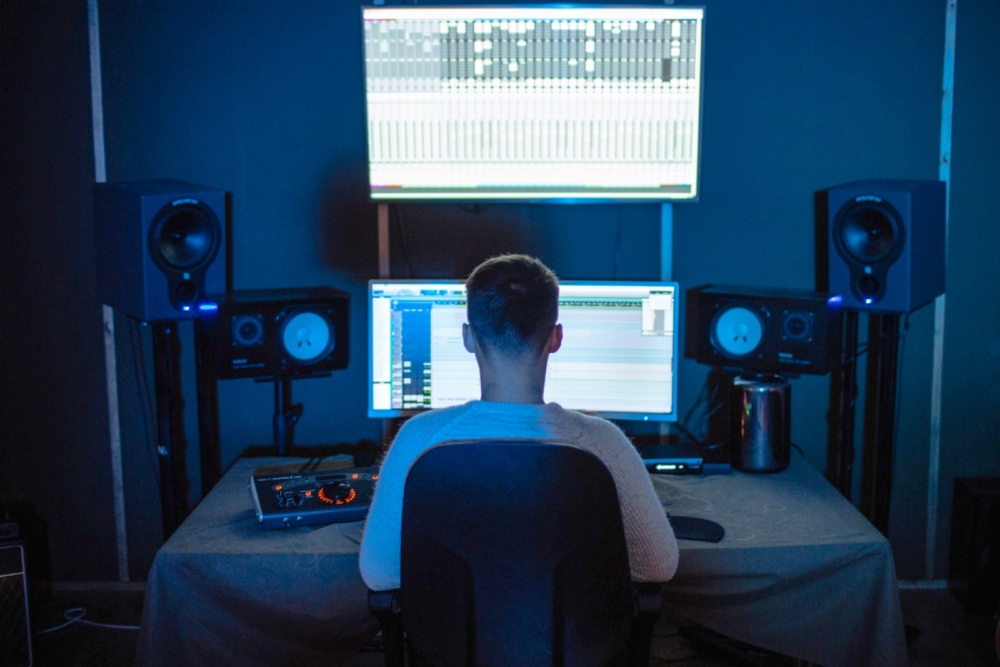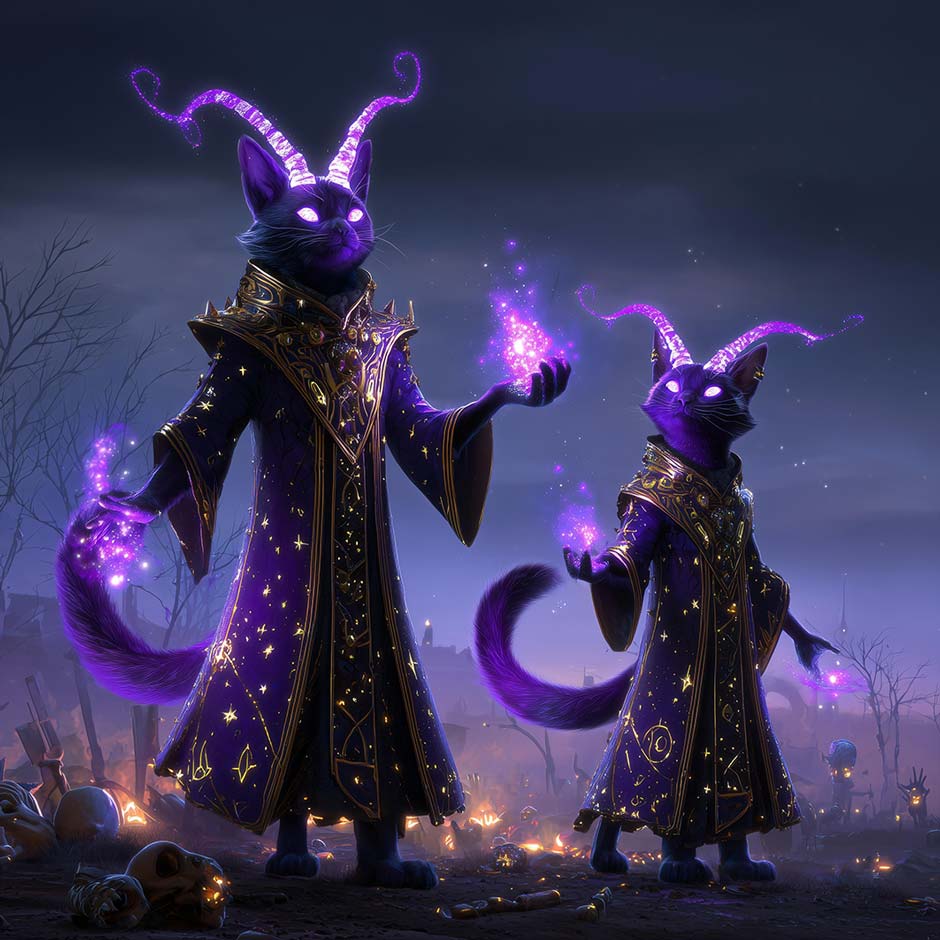The world of electronic dance music has been grappling with the topic of ghost production for some time now. As most people with some slight interest in electronic music know, ghost producing refers to the practice of hiring a third-party producer to create music on behalf of an artist who then takes credit for it.
Photo Credit: James Owen / Unsplash
Ghost producing is an unfortunate reflection of how far some people will go to exploit the music industry. We contacted the renowned producer and sound engineer Brian Cid, who eloquently stated, “The act of ghost-producing is an unfortunate reflection of how far one can go in order to monetize and exploit the music scene – and it all comes at the expense of the public, who are the ones being lied to. There are plenty of healthy ways for music-makers to monetize their skills without contributing to others disrespecting the art of music production and without devaluing all the sacrifices that it takes to be a genuine artist.”
Cid’s words are a sharp and poignant reminder that we must re-examine the true value of music production. At its core, music production is an art form that requires a deep understanding of rhythm, melody, and composition. And not only that but there’s a certain alchemy to be found as one translates thoughts into vibrations in a cohesive and emotional manner. A producer must be able to blend these elements together in a way that creates a unique and memorable sound. When an artist hires a ghost producer to make their music, they are essentially outsourcing the creative process, the experiences that must be lived for artists to channel visions from the ether to be transformed into notes and chords. This diminishes the value of the final product and undermines the very foundation of music production as an art form.
The practice of ghost producing not only devalues the hard work and sacrifice that genuine artists put into their craft but also is ultimately unfair to the public. When an artist claims credit for something they didn’t create, they are being dishonest with their fans. The public deserves transparency from artists about the music they produce, and ghost producing does not align with this standard. By supporting ghost producers, the public is being lied to and exploited. Ultimately, they are paying for some true Milli Vanilli stuff.
To correct this issue, we must find healthy ways to monetize our skills without resorting to practices that disrespect the art of music production and devalue the sacrifices that genuine artists make. Additionally, the music industry could provide more opportunities for up-and-coming producers to showcase their skills and get their music heard. This could include mentorship programs, competitions, and community events that bring together music producers, artists, and industry professionals.
In conclusion, it is crucial that we re-evaluate the true value of music production and take steps to uphold transparency and authenticity in the industry. By working together we can create a music industry that is more honest, transparent, and authentic, and where the value of music production as an art form is upheld.











